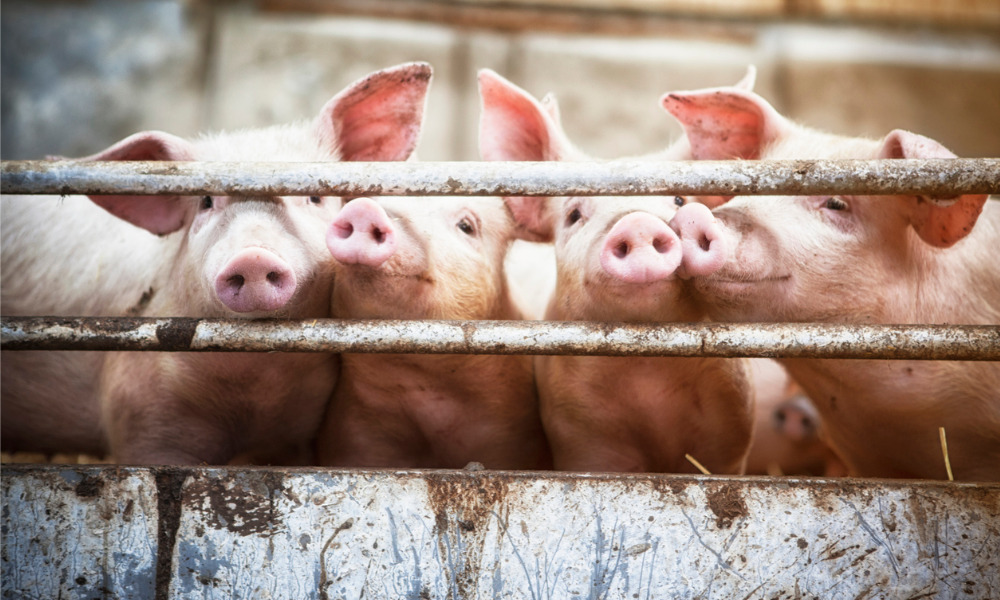Animal illness, market crash factors since breach affected farm's loss from pig shipments

The Ontario Court of Appeal has affirmed a trial judge’s assessment that an outbreak of animal illness and a market crash are significant post-breach intervening events that warranted departure from the presumptive date of assessment of damages stemming from diseased shipments of pigs to a farm.
In Maple Leaf Foods Inc. v. Ryanview Farms, 2022 ONCA 532, the parties entered into several contracts where Maple Leaf Foods suppled gilts for Ryanview Farms’ pig farms. However, a truck in the first delivery suffered from a respiratory virus and infected the entire herd in the isolation barn. A second replacement delivery was scheduled, but again, the animals arrived infected with porcine reproductive and respiratory syndrome virus (PRRSV). A third replacement delivery that included purebred animals was scheduled and Ryanview claimed that the purebred animals were free. Maple Leaf, however, issued invoices for delivery.
In 2009, Ryanview entered a federal government program that subsidized hog farmers who ceased production for three years. However, Ryanview lost their farm through foreclosure.
Maple Leaf sued Ryanview for the invoices issued in the third delivery. Ryanview counterclaimed for damages suffered due to unsatisfactory quality of gilts delivered.
The trial judge accepted Ryanview’s testimony that the animals were free, as it was inconsistent that Ryanview “would agree to pay full price for replacement gilts as a solution to the problems caused by [Maple Leaf].” The judge also ruled that there was an implied warranty over the quality of the animals and that Maple Leaf breached this warranty by delivering diseased animals in the first two deliveries.
Ryanview Farms appealed, alleging that the judge erred in assessing damages. The appellate court agreed and remitted the issue back to the lower court for new trial.
At the new trial, the judge relied on the evidence adduced at the first trial. The new judge assessed total damages from the date of trial, less the previous judgment award.
Ryanview appealed again, arguing that assessment of damages should start from the date of the breach.
The appellate court partially agreed.
Outbreak, market crash significant intervening factors
“[While] the presumptive date for assessment of damages is the date of breach … a trial judge may look to post-breach events to determine whether they would have fallen within reasonable contemplation of the parties to fairly reflect the loss,” said the court.
In this case, the judge found that significant intervening events must be considered to arrive at damages that fairly reflected Ryanview’s loss, specifically the PRRSV outbreak and the crashing market, said the court.
However, in calculating the total amount of damages, the appellate court agreed that the trial judge misapprehended almost $139,859 as actual revenue earned by Ryanview when in fact it represented lost profits suffered by selling products at lower than market price.
Thus, the appellate court ordered the correction, but otherwise dismissed the appeal.










